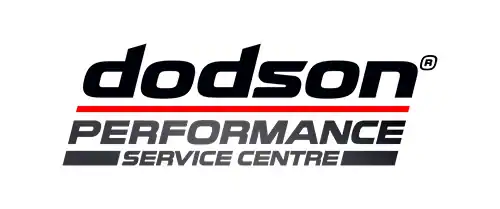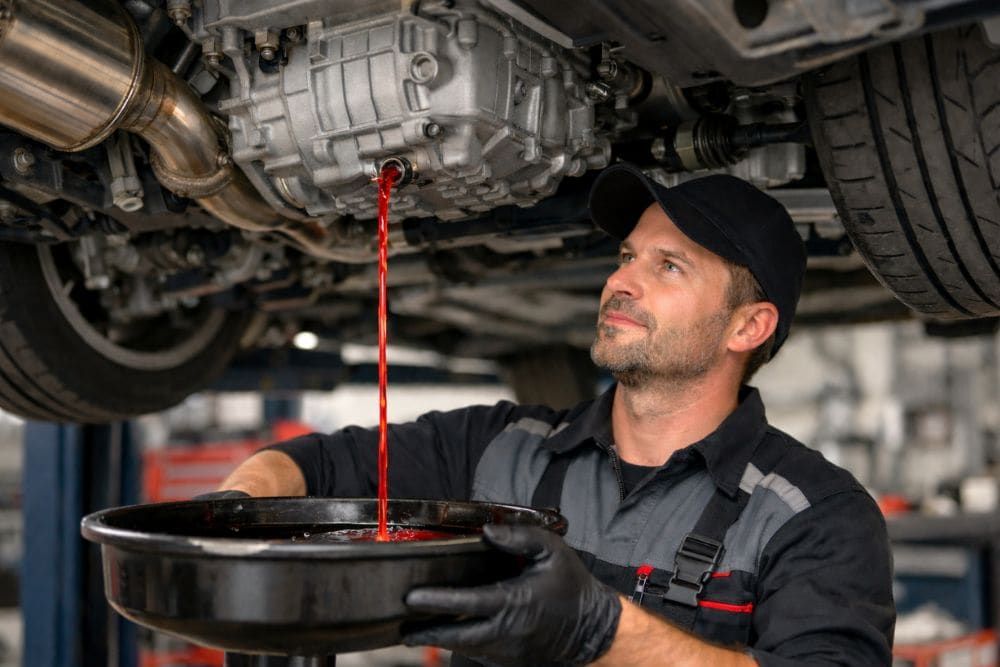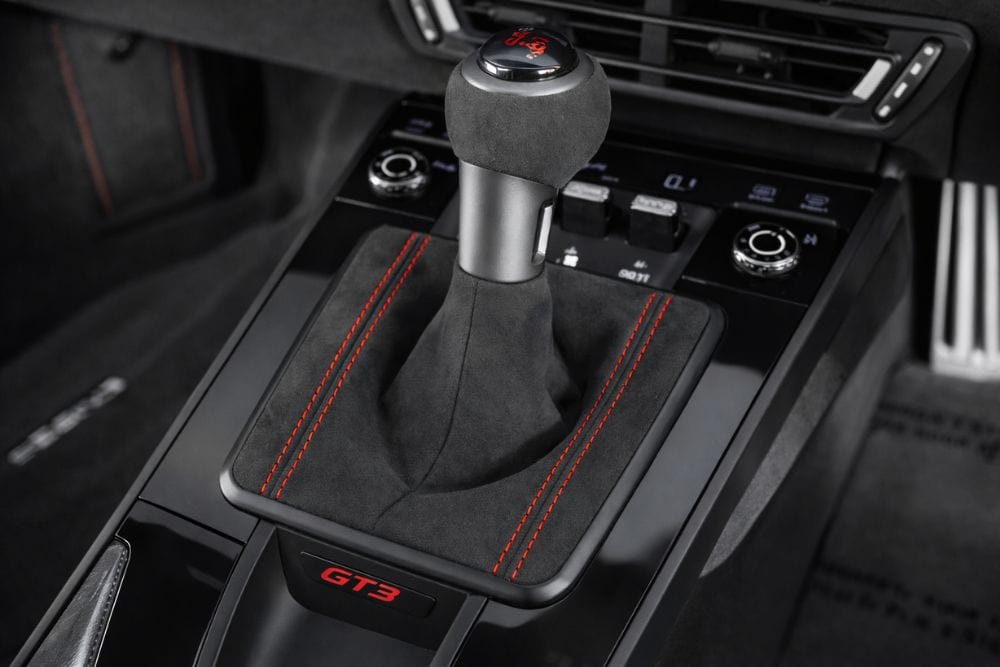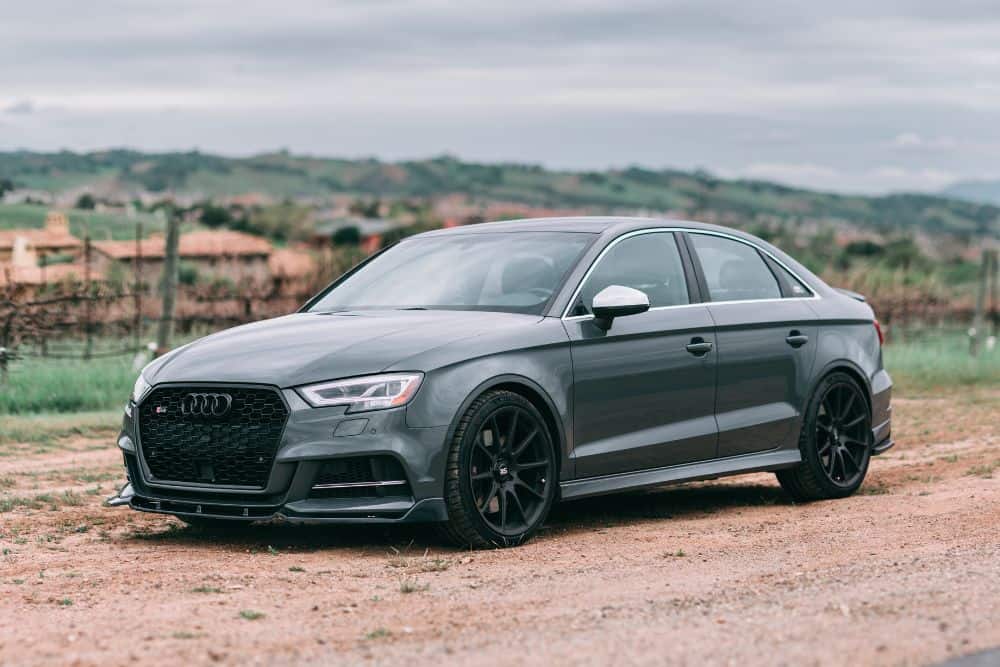The Nissan GT-R is one of the most capable performance cars available in New Zealand, but prospective owners often underestimate what it truly costs to keep one running at its best. Understanding the annual maintenance expenses, fluid requirements, and wear items specific to the GT-R will help you budget appropriately and avoid unexpected bills. This guide breaks down the real costs of GT-R ownership in New Zealand, giving you a clear picture of what to expect when maintaining this legendary supercar in Auckland and beyond.
Annual Maintenance Costs for a Nissan GT-R in New Zealand
Owning a GT-R in New Zealand comes with maintenance costs that reflect the sophisticated engineering packed into this vehicle.
On average, GT-R owners should budget between $3,000 and $6,000 annually for routine maintenance, though this figure can climb significantly higher depending on how the car is driven.
Those who track their GT-R will see maintenance costs increase substantially compared to owners who primarily use their car for road driving. The dual-clutch transmission, all-wheel-drive system, and twin-turbo V6 engine all require specialist attention that general mechanics simply cannot provide.
The GT-R uses a sophisticated computer system that monitors virtually every aspect of the vehicle’s performance, and Nissan designed the car to be serviced at specific intervals that should not be ignored. Skipping or delaying services can lead to accelerated wear on expensive components, particularly within the transmission and drivetrain.
New Zealand’s varied climate, from Auckland’s humid coastal conditions to colder southern regions, places additional demands on the GT-R’s systems that owners must account for in their maintenance planning.
Scheduled Service Intervals
The GT-R follows a service schedule based on both time and mileage, with minor services typically required every 10,000 kilometres or twelve months, whichever comes first. A minor service includes engine oil and filter replacement, along with a comprehensive inspection of the vehicle’s systems, and generally costs between $500 and $700 in New Zealand. These inspections are critical for identifying developing issues before they become major problems, particularly with the complex electronics and sensors throughout the vehicle.
Major services occur at longer intervals, typically every 30,000 to 40,000 kilometres, and involve more comprehensive work including transmission fluid replacement, spark plug changes, and thorough inspection of the braking system. A major service for a GT-R in Auckland can cost anywhere from $2,000 to $4,000 depending on the specific work required and the condition of wear items. Given the GT-R’s performance capabilities, these major services are essential for maintaining the reliability and safety of the vehicle, especially if you intend to use the car at track days.
Fluid Costs and Replacement Intervals
The fluids running through a GT-R are not ordinary automotive fluids, and using incorrect or substandard products can cause serious damage to the vehicle’s precision-engineered systems. Each fluid type has specific requirements and replacement intervals that owners must understand to keep their GT-R performing as Nissan intended. The cost of these fluids and their replacement represents a significant portion of annual maintenance expenses.
Engine Oil Requirements
The GT-R’s VR38DETT twin-turbo engine requires high-quality synthetic oil that meets Nissan’s strict specifications. The recommended oil is a 0W-40 or 5W-40 fully synthetic that carries the appropriate performance ratings, and inferior oils simply cannot provide the protection this engine demands. An oil change for a GT-R, including the filter and labour, typically costs around $500 in New Zealand, reflecting the approximately seven litres of premium oil required.
Oil change intervals for the GT-R are typically every 10,000 kilometres for road-driven vehicles, but this should be reduced to 5,000 kilometres or less for cars that see regular track use. The turbochargers generate significant heat that breaks down oil more quickly under hard driving, and the all-wheel-drive system places additional demands on the lubricant. Auckland’s stop-start traffic conditions can also contribute to oil degradation, making regular oil analysis a worthwhile investment for owners who want to monitor their engine’s health.
Transmission Fluid
The GT-R’s GR6 dual-clutch transmission is one of the most critical and expensive components in the entire vehicle, and proper fluid maintenance is essential for its longevity. This transmission requires specialised fluid that costs significantly more than conventional automatic transmission fluid, with a complete fluid change running between $1,200 and $2,000 in New Zealand. The transmission holds approximately ten litres of fluid, and only fluids meeting Nissan’s specific requirements should ever be used.
Transmission fluid should be replaced every 30,000 kilometres for road-driven GT-Rs, with this interval reduced to 15,000 kilometres or even sooner for vehicles that are tracked regularly. The dual-clutch system generates substantial heat during aggressive driving, and degraded fluid can cause rough shifting or jerking, clutch wear, and eventually catastrophic transmission failure. Given that a GR6 transmission replacement can cost upwards of $30,000, maintaining the fluid properly is one of the most cost-effective things a GT-R owner can do.
Differential and Transfer Case Fluids
The GT-R’s ATTESA E-TS all-wheel-drive system relies on specialised fluids in both the front and rear differentials, as well as the transfer case. These fluids should be replaced every 30,000 kilometres alongside the transmission fluid, with the total cost for all drivetrain fluids typically ranging from $2,000 to $2,800 including labour. Using incorrect fluids in these components can cause premature wear to the limited-slip differentials and compromise the sophisticated all-wheel-drive system’s ability to distribute power effectively.
The rear differential in particular works hard during spirited driving, and the active limited-slip system requires fluid that maintains its properties under high temperatures. New Zealand’s varied terrain, from flat Auckland motorways to winding Coromandel roads, means the all-wheel-drive system is constantly working to optimise traction. Regular fluid changes ensure the system continues to perform as designed, providing the grip and stability that make the GT-R such an effective performance car.
Brake Fluid and Coolant
Brake fluid in a GT-R should be flushed every two years or 40,000 kilometres, whichever comes first, with this interval reduced for track-driven vehicles. The Brembo braking system generates tremendous heat during hard driving, and brake fluid absorbs moisture over time, which lowers its boiling point and can lead to brake fade. A complete brake fluid flush costs between $200 and $350 in Auckland, using DOT 4 or racing-specification fluid depending on the vehicle’s intended use.
The cooling system requires attention every four to five years under normal driving conditions, with a complete coolant flush and replacement costing approximately $300 to $450. The GT-R’s twin turbochargers and high-output engine produce significant heat, and the cooling system must function flawlessly to prevent overheating. Auckland’s summer temperatures, combined with traffic congestion, can stress the cooling system considerably, making regular maintenance and inspection essential.
Wear Items and Replacement Costs
Beyond fluids and scheduled services, GT-R owners must budget for wear items that require periodic replacement based on driving style and conditions. These components wear out over time regardless of how carefully the car is driven, though aggressive use will accelerate their replacement intervals significantly. Understanding these costs helps owners budget appropriately and avoid surprise expenses.
Tyres
The GT-R comes fitted with high-performance tyres that provide exceptional grip but wear relatively quickly, particularly on the rear axle where the majority of power is directed during acceleration. A set of four tyres for a GT-R typically costs between $2,500 and $4,500 in New Zealand, depending on the specific compound and brand chosen. Most owners find rear tyres need replacement every 15,000 to 25,000 kilometres, with front tyres lasting somewhat longer due to their reduced workload.
Track driving dramatically accelerates tyre wear, and owners who participate in regular track days may go through multiple sets of tyres annually. Some owners choose to run dedicated track tyres for circuit use and street-legal tyres for road driving, which adds to the overall tyre budget but extends the life of each set. Proper tyre maintenance, including regular rotation where the staggered setup allows and correct inflation pressures, helps maximise tyre life and maintain the GT-R’s handling characteristics.
Brake Pads and Rotors
The GT-R’s Brembo braking system uses large rotors and performance brake pads that require replacement at intervals determined largely by driving style. A complete set of brake pads typically costs between $800 and $1,500 for the vehicle, with installation adding additional labour costs. For road-driven GT-Rs, brake pads may last 30,000 to 50,000 kilometres, while track use can wear through a set of pads in just a few sessions.
Brake rotors on the GT-R are substantial components that can cost between $2,500 and $4,000 for a complete set, depending on whether you choose OEM Brembo rotors or aftermarket alternatives. Under normal road use, rotors typically last two to three sets of brake pads before requiring replacement, but track driving and aggressive road use can warp or score rotors much more quickly. Regular inspection of rotor thickness and condition is essential for maintaining braking performance and safety.
Clutch Pack
The GR6 transmission uses a dual-clutch pack that eventually requires replacement as the friction material wears down over time. Under normal road driving conditions, a GT-R clutch pack can last anywhere from 60,000 to over 100,000 kilometres, though this varies considerably based on driving style. Clutch replacement is a major job that typically costs between $6,000 and $10,000 in New Zealand, including parts and labour.
Track driving, launch control use, and aggressive shifting all accelerate clutch wear significantly. Some GT-R owners who frequently use launch control find their clutch packs wearing out in as little as 30,000 kilometres. Monitoring clutch wear through the vehicle’s diagnostic system and adjusting driving habits accordingly can help extend clutch life and delay this significant expense. Transmission specialists can often assess clutch condition during routine services and provide guidance on remaining life.
Factors That Affect Ownership Costs
Several variables influence how much a GT-R will cost to maintain annually, and understanding these factors helps owners make informed decisions about how they use their vehicle. The difference between minimum and maximum annual costs can be substantial, making it important to honestly assess how you intend to drive the car.
Driving Style and Usage
A GT-R driven conservatively on public roads will cost significantly less to maintain than one that sees regular track duty or spirited driving. Conservative road driving allows owners to follow standard service intervals and maximises the life of wear items like tyres, brakes, and the clutch pack. Owners who treat their GT-R as a comfortable grand tourer rather than a track weapon can expect maintenance costs toward the lower end of the spectrum.
Conversely, owners who track their GT-R regularly should budget for substantially higher maintenance costs. Track driving compresses service intervals, accelerates wear item replacement, and increases the likelihood of needing major repairs. It is not uncommon for active track drivers to spend $15,000 or more annually maintaining their GT-R, though the driving experiences gained often justify this expense for enthusiasts.
Modifications and Aftermarket Parts
Modified GT-Rs often require more frequent maintenance and may need specialised parts that cost more than OEM components. Increased power levels place additional stress on the engine, transmission, and drivetrain, potentially accelerating wear on these expensive systems. Owners considering modifications should factor in the increased maintenance costs alongside the initial modification expenses.
That said, some aftermarket parts can actually reduce long-term costs by offering better durability or performance than OEM components. Quality aftermarket brake pads, for example, may last longer and perform better than standard parts while costing less. Working with a specialist who understands the GT-R platform helps owners make informed decisions about which modifications offer genuine benefits and which may create additional maintenance headaches.
Need Help Maintaining Your GT-R in Auckland?
Owning a Nissan GT-R in New Zealand requires commitment to proper maintenance, but the driving experience these cars deliver makes the investment worthwhile for enthusiasts. Understanding the true costs of ownership, from annual fluid changes to periodic wear item replacement, allows you to budget appropriately and keep your GT-R performing at its best for years to come.
As Nissan GT-R specialists in Auckland, Dodson can help you with all aspects of GT-R maintenance, from routine services to major repairs and upgrades. Our team has extensive experience with the GR6 transmission and understands the unique requirements of these vehicles. Contact us today by calling 09 441 3635 or emailing service@dodsonmotorsport.com to book your GT-R service.

 Looking for Dual Clutch transmission components outside of New Zealand?
Looking for Dual Clutch transmission components outside of New Zealand? 








